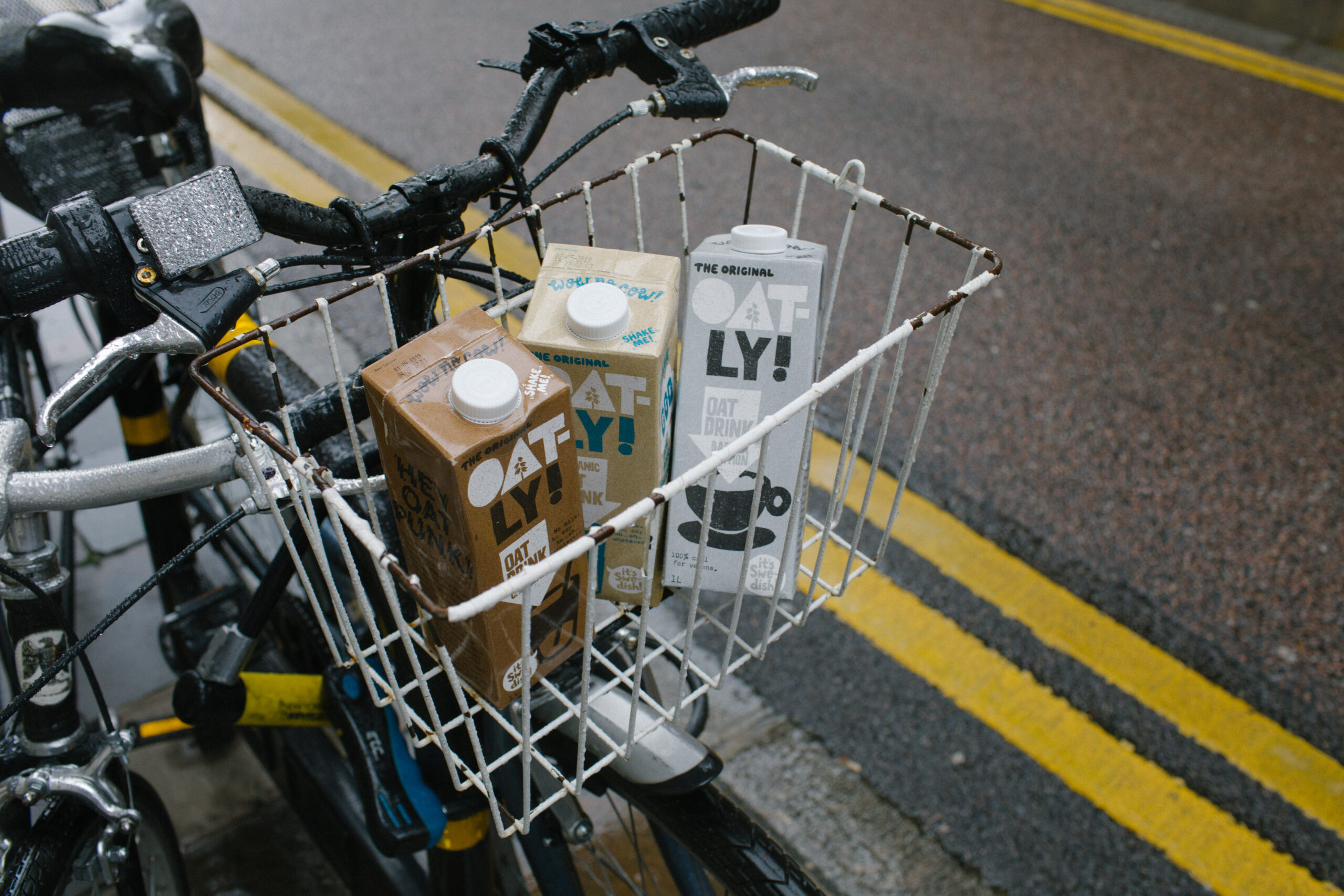The Dutch parliament is about to impose an increase in consumption tax plant-based drinks intended as an alternative to milk to be approved by 195% from January 1, 2024. This proposal, which is expected to be voted on in the House of Representatives next week, will further increase the uneven playing field for this category, disadvantage consumers who cannot or do not want to consume milk or soy drinks and can hinder innovation in new plant-based drinks. In light of this upcoming vote, Oatly and Alpro Netherlands now join more than 28,000 concerned citizens and organizations to draw attention to the negative impacts of this proposed tax increase and to call on the government to take all plant-based drinks intended as an alternative to milk exempt from consumption tax.
On October 26, the Dutch parliament will vote on increasing the consumption tax on non-alcoholic drinks, the so-called “lemonade tax”, for the 2024 budget. While milk and soy drinks are already exempt from this tax, the government categorizes all other plant-based drinks, such as oat, almond and pea drinks, as “soft drinks” and these products are then affected by this tax increase. The “lemonade tax” is intended to fill budget deficits, but at the same time has the side effect of further taxing products for people who cannot or do not want to consume cow’s milk or soy drinks for medical, health, ethical, religious, environmental and taste reasons.
The current consumption tax is outdated and does not take into account the rapid growth of new plant-based drinks, in addition to soy. Since the original decision to exempt milk and soy drinks from the tax in 1993, the range of plant-based drinks has expanded significantly. Increasing the consumption tax on plant-based drinks by 195% also hinders the innovation of new plant-based drinks.
The proposed consumption tax increase has raised concerns among the public and the plant-based sector – as it contradicts the government’s goal of encouraging affordable, healthy and sustainable food choices to achieve a vibrant society.
Growing concern among consumers
A growing number of Dutch people are disappointed with the government’s proposed tax increase on plant-based drinks intended as an alternative to milk. In a survey conducted by Kieskompas, 70% of Dutch people agreed that the tax on plant-based alternatives should never be higher than on animal products.1 In view of the upcoming vote, the non-profit organization ‘IK Lobby’ is fighting against the increase in the consumption tax on plant-based drinks with a petition started by concerned Dutch citizen Misty Mason. The petition – with more than 28,000 signatures – will be presented to the House of Representatives for the vote. Alpro Netherlands and Oatly now support this petition and encourage people to make their voices heard.
A necessary transition to a healthier and more sustainable society
Plant-based diets are considered an important part of tackling climate change, land use and public health challenges. Policy and regulations must support this shift. Tripling the consumption tax on plant-based drinks is not a step in the right direction and is not in line with the sustainability goals of the Dutch government, nor with the EU’s Farm to Fork Strategy.2
“One of our biggest challenges is to feed the world’s growing population with healthy food without damaging the planet. The transition to more plant-based diets is an important measure to meet this challenge. To ease this transition, we must ensure that regulations support this shift and are in the interests of consumers. The increased tax on plant-based drinks does not do that! It penalizes consumers who choose plant-based alternatives to milk for medical, health, ethical, religious or environmental reasons.” says Christiaan van Doornik, General Manager at Oatly Netherlands.
“Alpro’s mission is to bring health to as many people as possible through food. We offer nutritious food and drinks tailored to all stages of life, responding to nutritional needs while taking into account eating habits, culture and lifestyle. Being able to choose makes a difference. For consumers, for the planet and for us. The proposed increased tax on plant-based drinks puts the opportunity to choose further out of reach for many. We therefore call on policymakers to reconsider this proposal, for the benefit of Dutch consumers of plant-based drinks,” says Evren Dogu, General Manager at Danone Netherlands.
The petition can be signed via www.stoplimonadetaks.petities.nl.
Nuts
1 In a survey by Kieskompas, Dutch people were asked the following: “The tax on plant-based alternatives should never be higher than on animal products”; 70% say they agree, 14% say they disagree, 10% are somewhere in between; 6% have no opinion.
2 https://food.ec.europa.eu/system/files/2020-05/f2f_action-plan_2020_strategy-info_en.pdf
